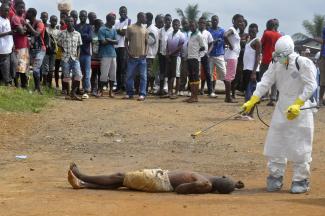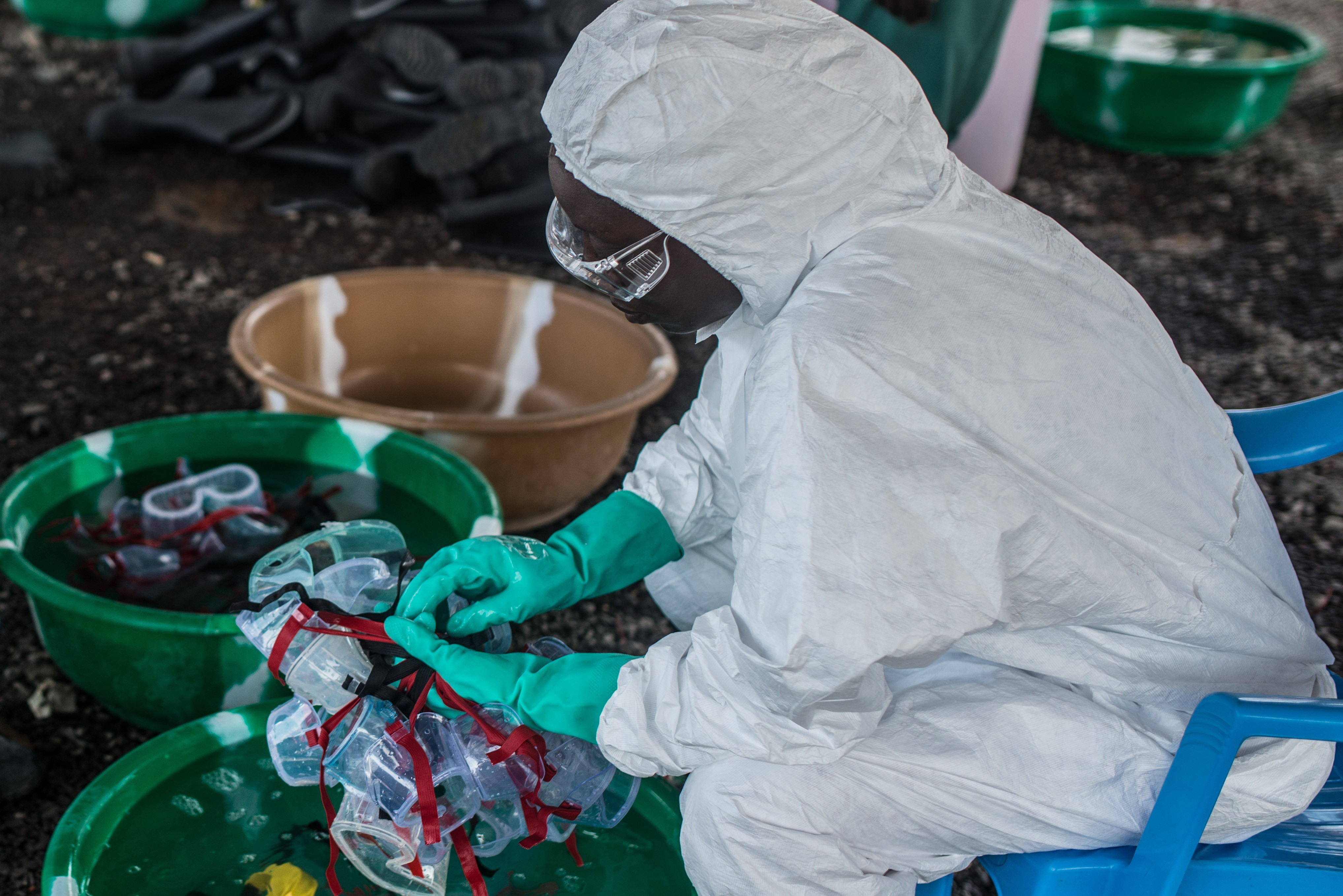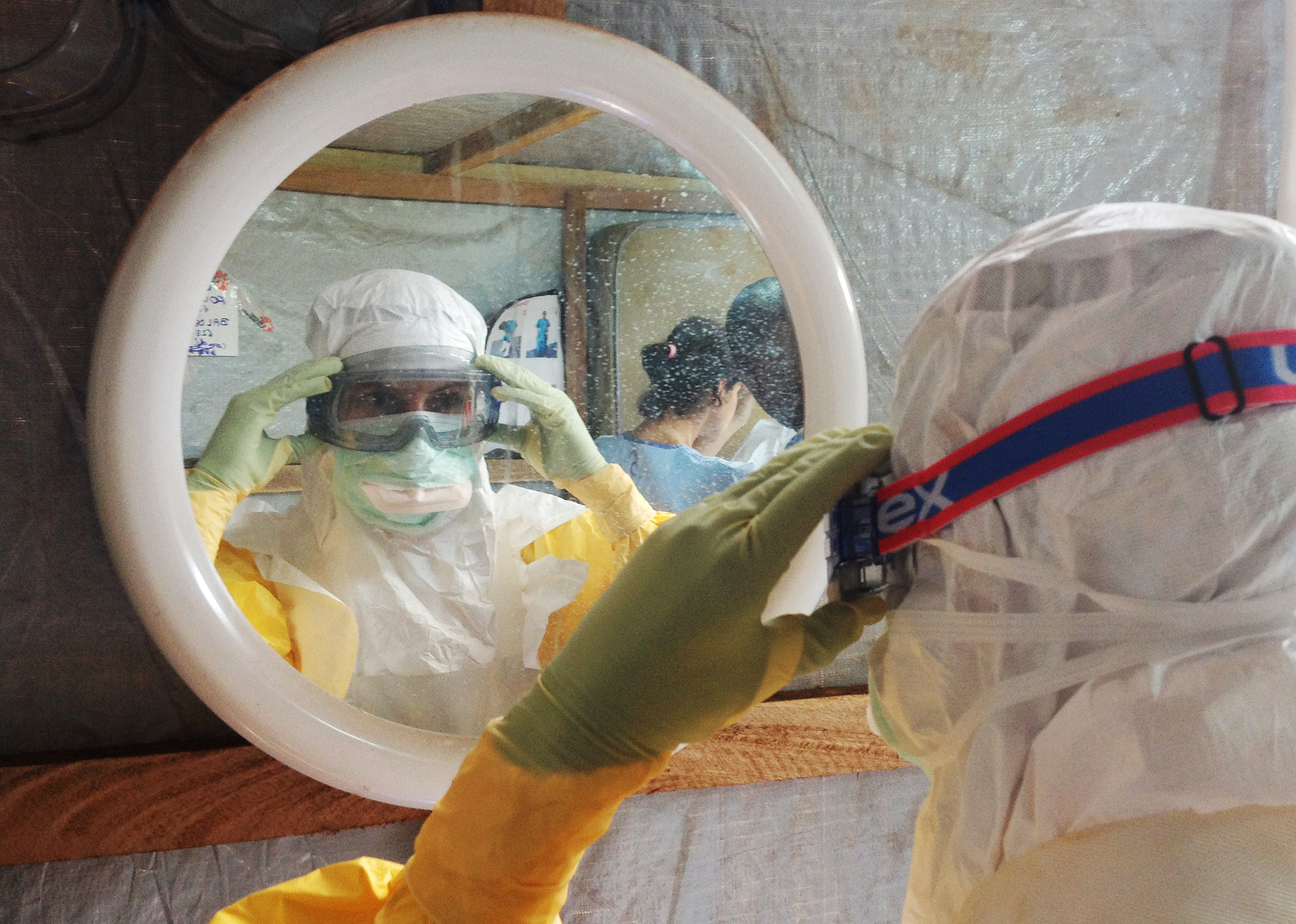Ebola epidemic
“Greatest peacetime challenge”

According to the UN Security Council, the Ebola outbreak is threatening “international peace and security”. The council unanimously adopted a resolution on the matter on 18 September. The Council urged the international community to provide health experts, field hospitals and medical supplies. The resolution was co-sponsored by 130 UN member countries.
Margaret Chan, the director-general of the WHO said: “This is likely the greatest peacetime challenge that the United Nations and its agencies have ever faced.” She admitted that the deadly Ebola virus “got ahead of us”, so it was now imperative to catch up. Ban Ki-moon, the UN secretary-general, pointed out that the number of Ebola cases was doubling every three weeks. In his view, aid directed to handling this crisis must amount to about $ 1 billion over the next six months, 20 times more than was pledged at the time of the resolution.
According to WHO data, Ebola had probably killed 2630 persons in West Africa by 14 September. The affected countries’ statistical capacities are weak, however, so the real figure may well be higher. Nigeria and Senegal both reported Ebola infections, but experts did not speak of a major public-health crises in these countries.
Gerd Müller, Germany’s federal minister for economic cooperation and development, increased his ministry’s support for WHO measures against Ebola from € 1 million to € 10 million. Other departments of the Federal Government pledged another € 7 million.
Sierra Leone imposed a three-day curfew on its 6 million people from 19 September to 20 September. Health workers went from home to home, looking for infected people and raising awareness. The lockdown was unpopular, but up to 100 infected persons and more than 90 dead bodies were found , according to the authorities.
By the end of September, the epidemic was not under control yet. Lewis Brown, Liberia’s information minister, told The Independent on Sunday, a British newspaper: “People need to understand, what we are dealing with has the potential to collapse our three countries (Liberia, Sierra Leone and Guinea).” He added that Liberia was struck by the epidemic in its 11th year of peace “We were rebuilding, and our health infrastructure was not what it should have been.” Ebola, according to the minister, has “terrible consequences for every aspect of our national existence”. (dem)










